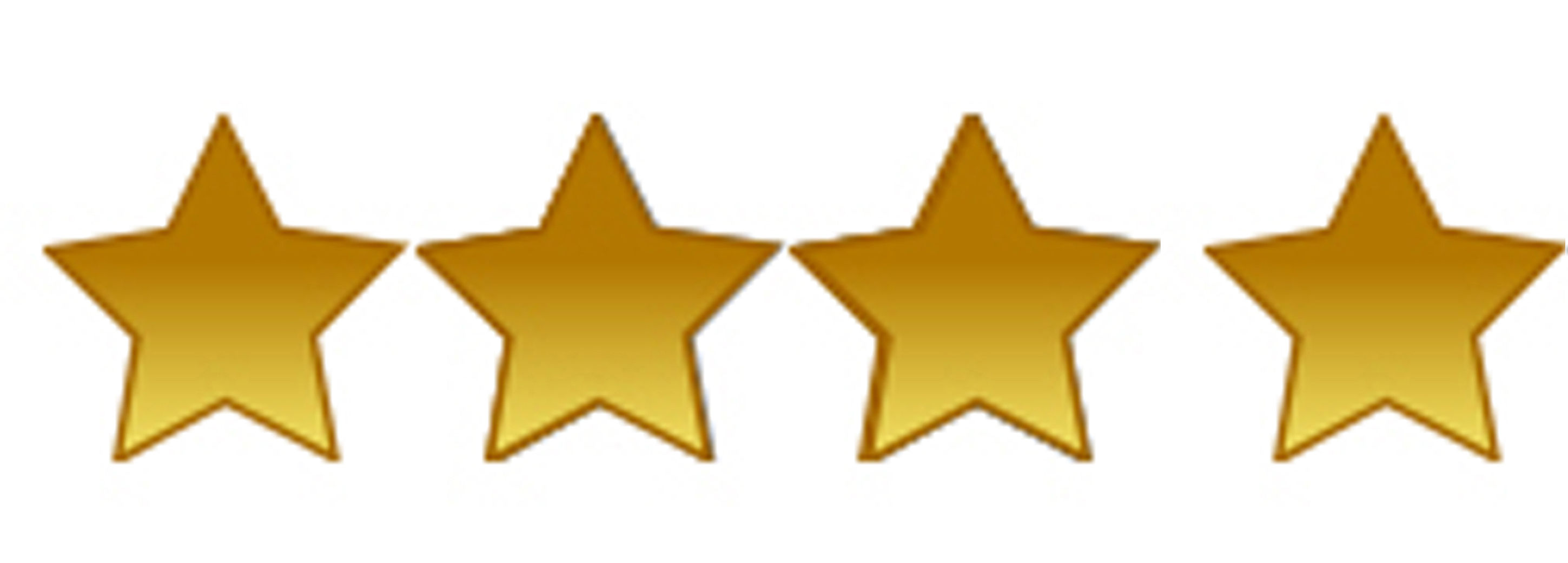WASHINGTON — While mainstream audiences flocked to the superhero blockbuster “Thor: Ragnarok” over the weekend, a 4-star indie arrived under the radar that is truly a sin to miss.
“Lady Bird” marks the solo directorial debut of Greta Gerwig, who co-wrote and starred in Noah Baumbach’s “Frances Ha” (2012) and “Mistress America” (2015). WTOP caught up with Gerwig during her recent visit to the 2017 Middleburg Film Festival in Middleburg, Virginia.
“It’s not literally autobiographical in that it’s not really the events of my life,” Gerwig told WTOP. “I was nothing like Lady Bird, I never made anyone call me by a different name, I was very much more of a rule follower and gold-star getter. But the core of the movie, the sort of deep, complicated love of a family and a hometown, that’s all really close to my heart.”
Not to be confused with Rob Reiner’s “LBJ” biopic, “Lady Bird” is the nickname of high-school senior Christine McPherson (Saoirse Ronan), who lives in Sacramento with her responsible but uptight mother (Laurie Metcalf) and her selfless but depressed father (Tracy Letts).
Attending a Catholic high school, she confides in childhood best friend Julie (Beanie Feldstein) and popular new pal Jenna (Odeya Rush), while juggling dates with several boys, from theater geek Danny (Lucas Hedges) to bad-boy guitarist Kyle (Timothée Chalamet).
The entire journey is anchored by rising star Saoirse Ronan, who earned Oscar nominations for Best Supporting Actress in “Atonement” (2007) and Best Actress in “Brooklyn” (2015).
“I don’t write with actors in mind,” Gerwig said. “But while I was casting the movie, I heard that she had read the script and really responded to it. We first Skyped and she said, ‘Look, I know I’m from this tiny town in Ireland, and I’m all the way across the world, but I’m telling you, this story really resonated with me from my heart. I understand this from the inside out.”
So, the two met up to discuss the project at the Toronto International Film Festival in 2015.
“I was there for ‘Maggie’s Plan’ and she was there for ‘Brooklyn,'” Gerwig said. “We read through the whole script. She read all of Lady Bird’s lines and I read everybody else’s lines. … I knew like on page two that she was perfect, but I just wanted to hear the whole thing out loud because I’m selfish. It was so incredible. It was perfect, but also different than I ever thought it would have been. Right away I just saw it; I started getting ideas, which is always a good sign.”
The rest of the ensemble is perfectly cast, from “Manchester By the Sea” alum Lucas Hedges to “Roseanne” alum Laurie Metcalf, who’s getting tons of Oscar buzz for supporting actress.
“I grew up not watching television, so I didn’t know her from ‘Roseanne,'” Gerwig said. “I’d seen her do things on stage that I’ve never seen anyone do ever. I’ve always thought of her as the great undiscovered American actress by film. She is discovered by theater and television; she’s done some film work but not as much she should based on how bloody talented she is.”
Together, their mother-daughter scenes bleed with emotional authenticity.
“I hope both of these ladies get nominated,” Gerwig said. “The work that they did is so detailed, so extraordinary and so exactly the kind of thing I think should be rewarded.”
Of course, this is not only a performance piece; Gerwig could also have writing and directing laurels coming her way. To watch “Lady Bird” is to witness a filmmaker come into her own.
“I’ve always wanted to be a writer/director, but I didn’t go to film school, so I really learned by doing,” Gerwig said. “I’ve done every job on set. I’ve produced, written, co-directed, co-written, held the boom, edited, held a camera. I’ve done everything except for have something that was my solo project. When I finished this script, I felt like this was the moment to leap.”
It’s an assured leap as Gerwig weaves a poignant social commentary on a number of levels.
First is the political level, as the bloody Iraq War plays casually on TV in the background.
“I wanted it to be a post-9/11 world because that’s the world we live in now,” Gerwig said. “Sometimes in movies it feels like your personal life happens in one area, then history happens somewhere else, but the reality is it all happens together. I wanted to show this new, changing landscape that these kids were going into and these parents had to deal with.”
Second is the economic level of the Great Recession. The mother laments not being able to afford a bigger home, while the father competes for job interviews with his own son.
“The movie is also about [our] eroding middle class,” Gerwig said. “It’s reflective of where a lot of people have found themselves, finding a new career in your 50s or 60s when you thought you had job security. … Then you’re doing that while your kids are going to college. … ‘How am I gonna pay for that and what job is even going to be waiting for them when they’re done?'”
Third is the sexual level, as Lady Bird struggles with topics of abortion, promiscuity and dating, including a pair of lovers who lie about their sexual orientation and virginity.
“Generally, movies about young women center around one guy where the structure says there’s a right guy. [But] I started with the premise: What if there’s two guys and they’re both wrong?” Gerwig said. “Often in films, girls wait for someone to notice them. What I love about Lady Bird is she writes these guys’ names on her wall like a hit list: ‘I’m gonna go get him!'”
Fourth is the religious level, growing up in a Catholic school in a socially progressive world.
“I didn’t want to just take pot shots at Catholic school because that’s pretty easy to do,” Gerwig said. “Even though the Catholic Church and Catholic school can be these monolithic institutions, they’re made up by individuals, some of whom are really groovy and awesome. They have personalities, senses of humor, struggles, triumphs and everything in between.”
On all of these levels — family, politics, economics, sex, religion — the film delivers a blinding, universal truth: that we’re all grappling with our own messy issues no matter our age.
“There’s a tendency, particularly for teenagers, to see people just as their role in their life — my mom is my mom, my teacher is my teacher — not thinking your mom is a person who’s had a whole life or your teacher goes home. Everybody’s in the middle of their own opera.”
As the film cuts to black, you’ll immediately call your parents and thank them with teary eyes.
“We had a joke that we should put up a title card at the end of the movie that says, ‘Call your mother,'” Gerwig joked. “Call your daughter, call your mother, call your dad, call your friend, call the people who made you and loved you. … I hope [it] connects back to people where they are in their lives or hometowns or families and allows them to see their journey clearly.”
“Lady Bird” chronicles that journey with an emotional power that sneaks up on you, causing you to laugh in the opening scenes, then forcing you to fight back tears by the end. This isn’t a case of a critic fawning over an indie darling; by contrast, I found “20th Century Women” to be a narrative slog despite Gerwig’s memorable role. Here, “Lady Bird” is a 4-star powerhouse.
I hesitate to even use such superlatives because it’ll boost expectations to unreasonable heights for such a modest, graceful, delicate production. Advice: go in with a clean slate, wipe out any preconceived notions and let the film’s deceptively simple power wash over you.
“One person’s coming of age is another person’s letting go,” Gerwig said.
“Lady Bird” is rated 4 out of 4 stars. Listen to our full chat with writer/director Greta Gerwig below:









